The State Taxation Administration (SAT) of China on Sunday announced 28 measures to facilitate tax payments and promote the development of the private sector, with a focus on supporting small and medium-sized enterprises (SMEs) and individual businesses.
The measures mainly extend the duration of certain tax exemptions and further strengthen the implementation of preferential tax policies, ensuring that the benefits of tax reductions reach enterprises directly.
For example, taxpayers who, for various reasons, did not benefit from the extra tax deduction on enterprises' research and development (R&D) costs during the July tax period can still enjoy this policy in August and September.
Additionally, the tax authority said that it will collaborate with relevant departments to collect and compile case studies on R&D project identification, helping eligible SMEs to fully enjoy policy benefits.
China has been increasingly providing tax breaks for extra deductions on R&D expenses in recent years to encourage corporate innovation, with the private sector being the primary beneficiary.
According to the SAT, as of July, 308,000 enterprises nationwide had enjoyed tax reductions of about 230 billion yuan ($32 billion). Private enterprises accounted for 94.3 percent, exceeding 290,000, and the amount of extra deductions on R&D costs enjoyed by private enterprises accounted for 76.6 percent of the total.
The SAT also introduced six measures to facilitate tax handling, minimizing the steps, documentation, time and costs for taxpayers.
The measures include advancing international tax cooperation, expanding channels for resolving doubts and providing clarification for private enterprises engaged in overseas business.
So far this year, the tax authorities have implemented and refined various tax and fee support policies benefiting the private sector.
SAT data showed that in the first half of the year, tax and fee cuts, and tax refunds and deferrals for private economy taxpayers, including SMEs and individual businesses, amounted to 704.9 billion yuan, accounting for 76 percent of the total, making them the main beneficiaries of these policies.















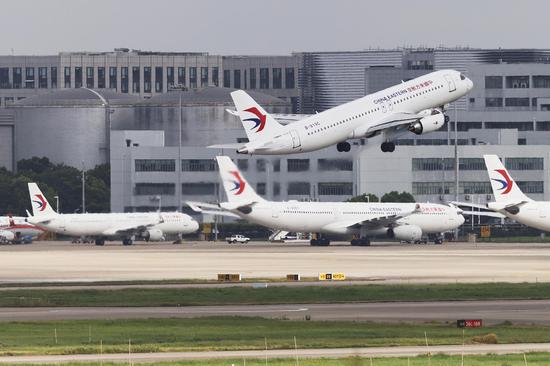







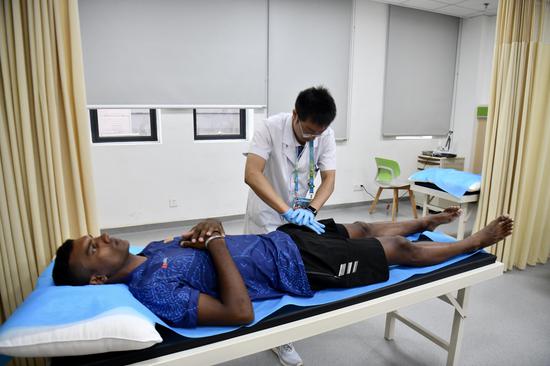

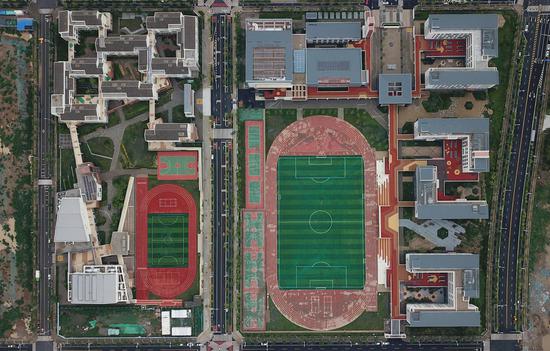












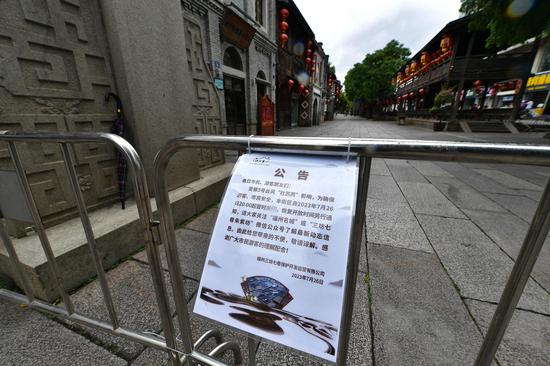


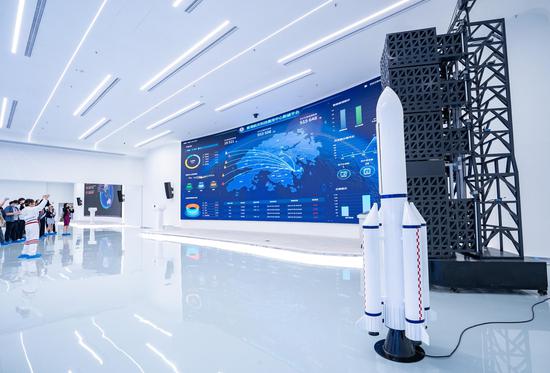
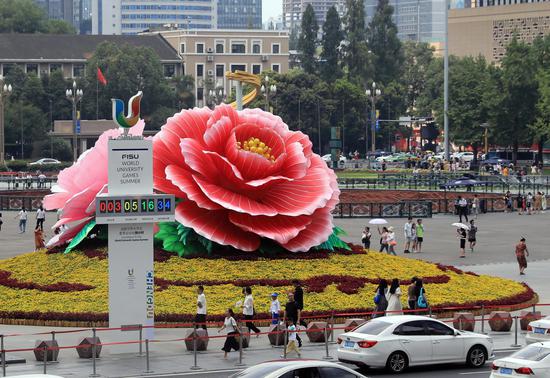
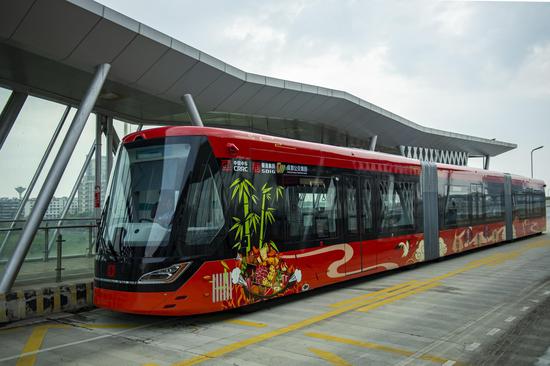
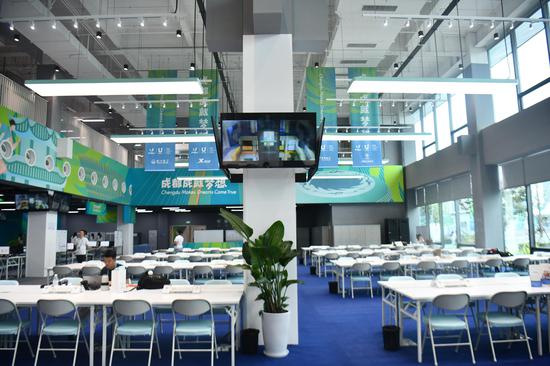





 京公网安备 11010202009201号
京公网安备 11010202009201号